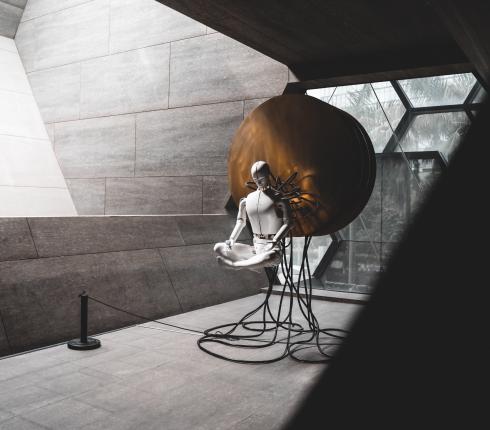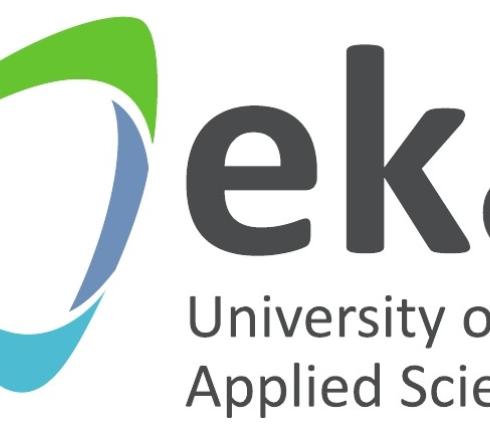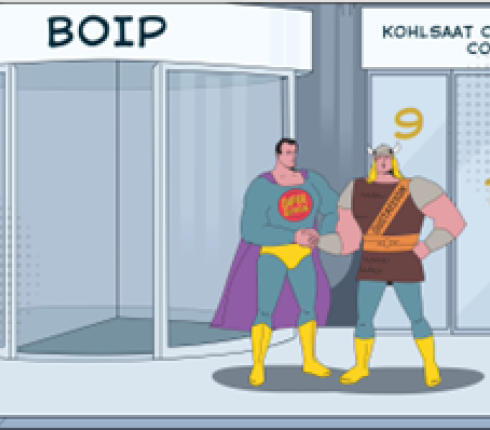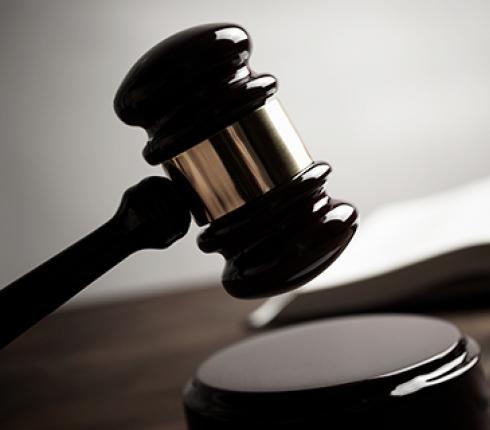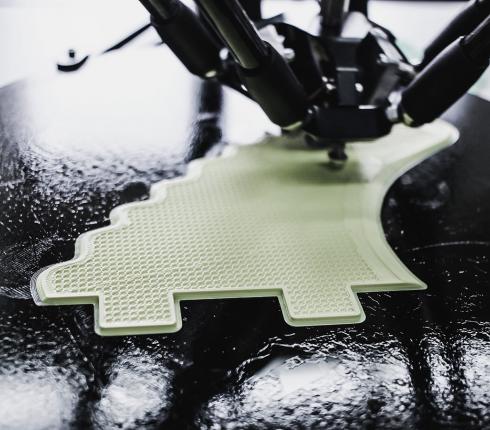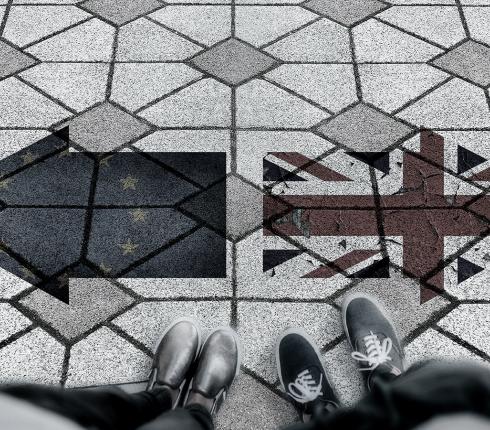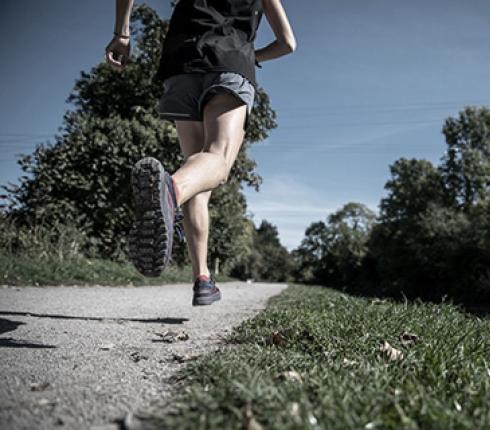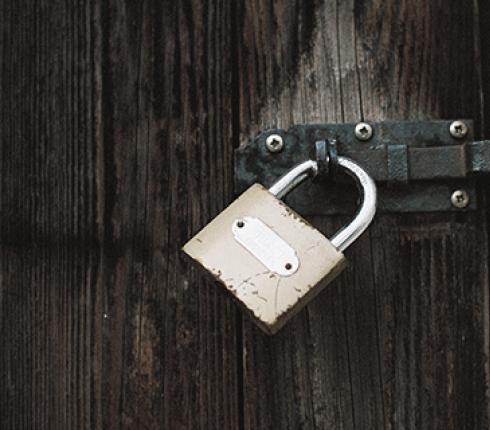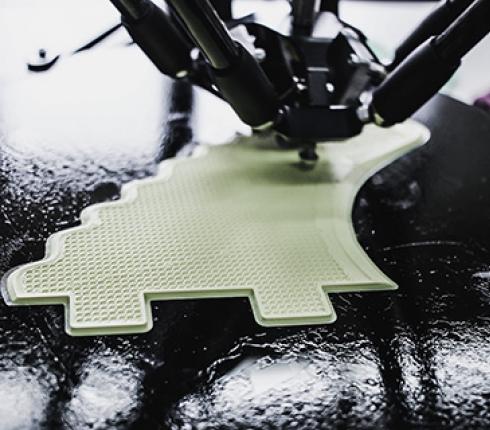Copyright infringement: The burden of proof is on the owner of the IP address
The liability for copyright infringements committed by using an internet connection cannot be circumvented by the owner of the IP address used by stating that family members or other members of the household have access to the internet connection.
On 18 October 2018, the CJEU ruled that it is not compatible with the rights holders’ fundamental rights to an effective remedy and to intellectual property if the owner of the IP address can avoid a presumption of liability merely by stating that a family member also has had access to the internet connection.
Who is responsible for file sharing?
Under EU law, the member states must protect rights holders whose rights have been infringed by imposing effective, proportionate and dissuasive sanctions. Many EU member states, such as Germany and Denmark, have adopted the presumption that the owner of the IP address is responsible for infringements committed from the owner’s IP address. This means that the burden of proof is on the owner of the IP address (reversed burden of proof) if a copyright infringement using shared IP address occurs.
As we will see from the Bastei Lübbe case, the rights holder’s right to an effective remedy and the right to intellectual property are not respected, if this burden of proof is too easily circumvented. This entails that not only is there a burden of proof on the owner of the IP address, but the burden requires significant proof from the owner of the IP address to be reversed.
In the opinion of Advocate General Szpunar, the national courts must interpret Directive 2001/29 and 2004/48 in the way that best ensures the effectiveness of the protection of intellectual property rights. This is accomplished by adopting a presumption of the owner of IP address’ liability, which should be applied consistently and effectively, for the rights holder to have a possibility of obtaining compensation.
Furthermore, the Advocate General has emphasized the importance of the full effect of EU law at a national level to ensure intellectual property rights. In line with the Advocate General’s opinion, all member states should guarantee effective measures to ensure that a rights holder has the possibility of obtaining compensation when the rights holder’s intellectual property rights have been infringed.
The Bastei Lübbe case
The ruling was made in case C-149/17, Bastei Lübbe GmbH & Co. KG v. Michael Strotzer. Michael Strotzer is the owner of an IP address and lives in Germany with his family. In the national court proceedings, an infringement of Bastei Lübbe’s copyright was proven to have been committed from Strotzer’s IP address. In Germany, the presumption that the owner of the internet connection is liable for infringements committed from the owner’s IP address applies.
It has been made clear that in Germany this presumption can be rebutted, if persons other than the owner of the internet connection may have had access to the connection. Furthermore, if a family member has had access to the internet connection, the owner may escape liability merely by naming a family member without being required to provide further details as to when and how the internet connection was used by that family member.
The CJEU ruling and the opinions of the Advocate General
In the preliminary ruling, the CJEU states that if the presumption is as easily circumvented as stated above then the measure is not effective and not capable of ultimately leading to effective and dissuasive sanctions against the person who infringes copyrights by file sharing. Neither is it capable of ensuring the enforcement of intellectual property rights.
In other words, it should not be as easy as in the Bastei Lübbe case, for the owner of an IP address, to liberate himself from the presumption of liability. In such case, the rights holders have no real remedies to protect their intellectual property rights and to effectively and dissuasively sanction copyright infringers.





